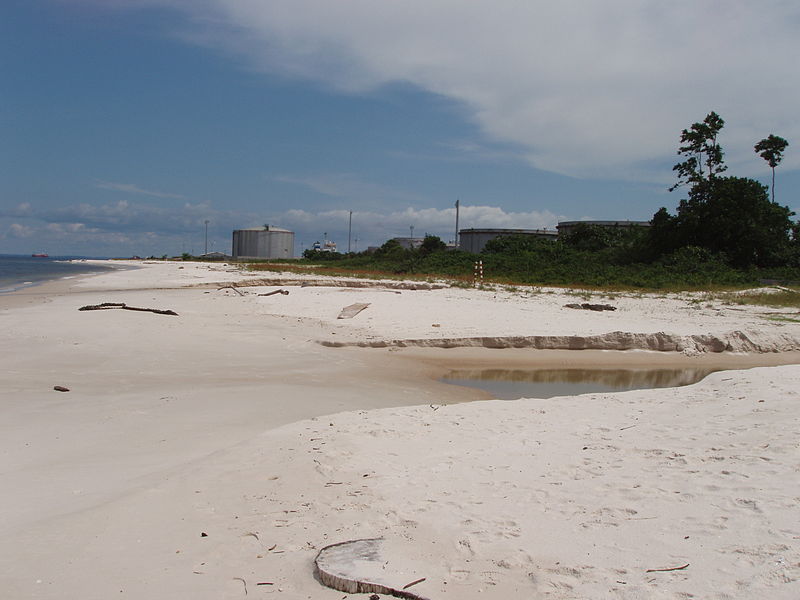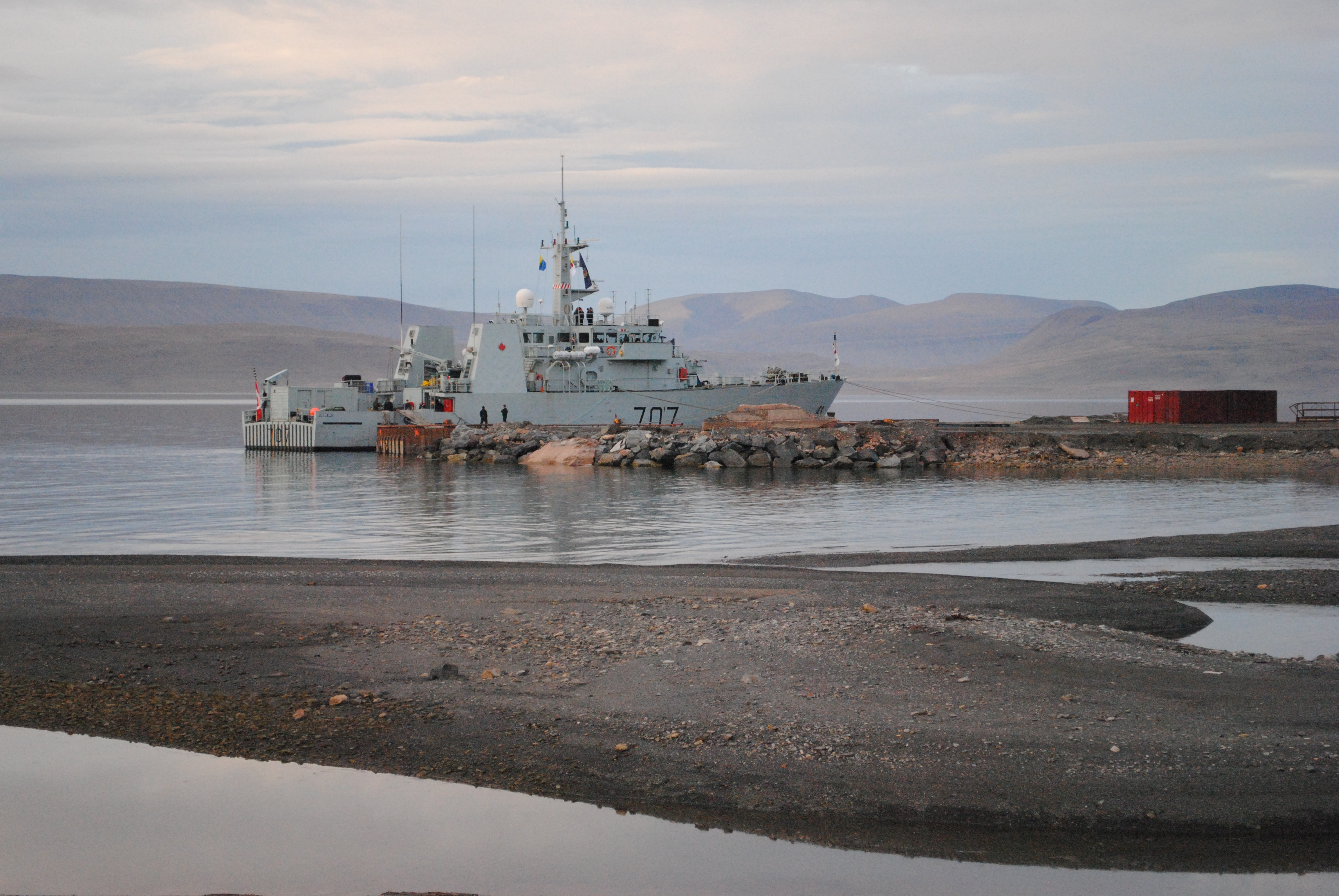
The Ballistic Missile Defense (BMD) programme is a US-led initiative intended to create a system designed to intercept incoming enemy ballistic missiles. In 2005, the Liberal Prime Minister Paul Martin opted against bringing Canada into the BMD programme, which was a surprise to many military and political leaders in the US. Prior to the 2005 decision, Canada had shown interest in becoming a participant and even signed an agreement that warning information collected with the support of the North American Aerospace Defense Command (NORAD) could be used in BMD.

Views on this decision have begun to change under the current Conservative leadership of Stephen Harper. The Conservative Party government this spring asked parliament to hold hearings to examine whether the time had come to change that stance. In their article for the National Post, Canadian Senator Daniel Lang and General Romeo A. Daillaire stated that the Standing Senate Committee on National Security and Defence has expressed the support of re-evaluation of Canada’s policy on BMD. The committee heard worrying testimony from Canadian and American military officials with technical and policy expertise. It also received detailed briefings on current operations during a trip to NORAD headquarters in Colorado. It announced the panel was “unanimous in recommending that the government of Canada enter into an agreement with the United States to participate as a partner in ballistic missile defense,” the Ottawa Citizen reported. Prime Minister Stephen Harper has recently declined to rule out joining the BMD programme on the grounds of changing global events.
The emerging threat of nuclear capabilities posed by rogue states such as Iran and North Korea were a prime concern for the committee and the Canadian Prime Minister. The committee heard troubling testimony about the efforts of North Korea and Iran to acquire long-range, nuclear-armed ballistic missiles in order to threaten neighbouring countries, NATO allies, and North America. Carried out in defiance of the United Nations Security Council resolution, the efforts of North Korea and Iran have effectively shifted from a theoretical threat to become a practical reality. New satellite images taken as early as May 10th, 2014 suggest that North Korea has significantly sped up the pace of construction projects at its main missile launch site. Nick Hansen, an image technology and foreign weapons expert, along with Jack Liu have created a hypothesis that North Korea is building a new facility to “conduct future training and launches for mobile missiles such as the KN-08 intercontinental ballistic missile.” It is believed that Iran will still be able to acquire long-range ballistic missile capabilities by next year.

The whole of NATO, including Canada, has welcomed the BMD programme as part of its New Strategic Concept. NATO allies such as Japan, Australia, and South Korea have also shown their approval for participating in what will become a global network of regional missile defense systems. By rejecting to join the BMD programme, Canada remains an outlier in this extensive collection of nations in support of the BMD programme. Some opponents of increased Canadian involvement in the missile defense system argue that Canada is already protected by the US system simply by its territorial proximity to the United States; however, as the committee learned from Deputy Commander of NORAD, Lieutenant General Alain Parent, this is wishful thinking. Parent explains that the system is currently optimized to protect U.S. territory, not the whole of North America. The United States Northern Command (USNORTHCOM), the command responsible for operating the system, is legally bound to respect this prioritization. This implies that the instant at which critical decisions need to be made, NORAD’s bilateral command structure must hand over authority to USNORTHCOM, which is co-located with NORAD and commanded by the same US general officer. Thus, when the critical moment approaches, the Canadian Senior Commander at NORAD becomes a helpless silent observer. Such a system is not beneficial at all to Canadian national security and sovereignty. The decision to join the BMD programme would allow for more efficient decision making in the event of a missile attack on the North American continent.
Even some critics of Canadian involvement in the BMD assert that it is in Canada’s interest to participate in the programme. They argued that Canadian participation could take on different forms such as research and development towards solving some of the system’s challenges. Canada could also focus on development of enhancing NORAD’s ability to defend against emerging threats. The 33 page report suggested Canada could contribute to the system by allowing X-band radar sites on Canadian territory. It could also provide indirect contributions by enhancing Arctic surveillance capabilities through new radar technology or space-based systems.
There are many opportunities for participation, but they can only be realised after the Canadian Government has assessed the risks posed to its territory, and how it wishes to partner with the United States.




